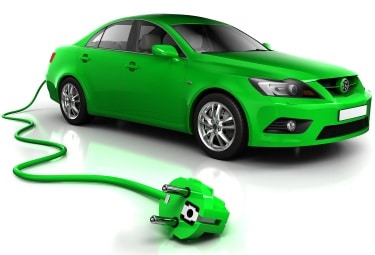Japanese Automakers Push Innovative Power Generation Technologies
 Although Japanese automakers have been working on clean, renewable energy initiatives for years, power-saving, or setsuden, has become a buzzword in Japan and a major focus of automakers since the devastating earthquake and tsunami of March 11 damaged the countrys ability to generate power and caused the worst nuclear radiation crisis since Chernobyl.
Although Japanese automakers have been working on clean, renewable energy initiatives for years, power-saving, or setsuden, has become a buzzword in Japan and a major focus of automakers since the devastating earthquake and tsunami of March 11 damaged the countrys ability to generate power and caused the worst nuclear radiation crisis since Chernobyl.
As a result, starting in July, big electricity users in eastern Japan are required to cut consumption by 15 percent during peak summer hours. Its a challenge that the countrys automakers are meeting through innovative power generation technologies.
On Monday, Nissan Motor Co. unveiled a new solar-powered charging system that can be used to charge the lithium-ion batteries in its Leaf electric car. Nissans global headquarters can now use 488 newly installed solar panels to charge 1,800 Leafs a year. Beginning in 2016, the company is also planning to re-fabricate and resell its electric cars high-capacity batteries as power storage units for home backup power supplies when the cars are traded in or scrapped.
Days earlier, Mitsubishi Motors Corp. announced that by the end of the year, it would develop and market a portable converter that will allow its electric vehicles to power household electronics and large appliances such as washing machines.
And two weeks ago, Toyota Motor Corp. began a trial run of a model smart home that can manage electricity consumption and even tap into weather forecasts to get the most out of solar panels. Similar to Nissan, Toyota is also working on re-fabricating its electric cars batteries so they can store solar power for use at night or when its overcast. The companys trial will involve 67 homes by the end of 2013.
According to Toyota, electric deregulation would allow smart homes to be linked to the grid and allow entire communities to share clean electricity without relying as much on traditional electricity delivery.
Sources
Car Makers Jump on Energy Bandwagon as Japan Saves Power, Reuters, July 11, 2011.



